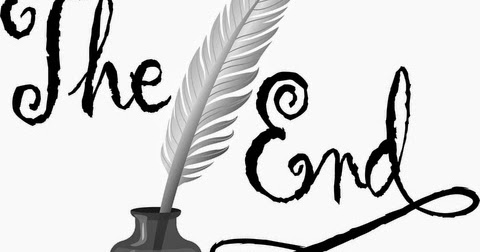Put important documents where the executor can find them. How to be appointed executor of estate? An executor is someone named in a will as responsible for sorting out the estate of the person who’s died. The person who died will normally have told you if you’re an executor.
Some states ask the executor to present the death certificate when she petitions the court for. Social Security Card.

The Executor Checklist: Tasks Before They Die. Know the Location of the Will and Other Documents. This is an obvious and vital first step. You did not mention if you were in probate or not. If you are in probate, then you would have a probate attorney that would be giving you legal information as to what you are able to do with the property left by a family member.
It would be a very good idea to get hold of one of a simple guide on being an executor. These are readily available in good book shops. Make sure you get plenty of copies of the death certificate.
Whilst you may feel that your assets are only nominal, I would advise anyone to leave a will to ensure that your wishes are well known and carried out correctly. If you were to die intestate (where you have no left a will) there are rules. The death certificate, the Administrator or Executor will need to register the death (b) The original will and any related codicils. These may be held by the firm of Solicitors who helped create the will, or may be in safekeeping in the deceased’s bank (c) The paperwork associated with various assets and liabilities. The petition for probate form is central to the process of executing a will.
There are plenty of instances where the deceased didn’t create a will. Petition for Administration. In other cases, the. Here’s what you need to know about the role of the executor.
The role of the executor of an estate is to carry out instructions set out in a will after someone has. If the will names more than four executors then some of those people must either choose to renounce their right to apply, or choose to reserve their right to apply. The reservation is made by signing a document known as a ‘power reserved’ letter.
What does an executor do ? Here are the key pieces of information that your family, executor and loved ones will need to know once you’re gone. Whether you want to donate your organs. If you are the executor, you will need to value the estate of the person who's died.
Where to find your will.
Start with everything that they owned at the time of their death. For assets such as property or lan you should get a professional valuation. Within days of appointment as executor or estate administrator, you must file a detailed inventory listing the deceased’s real and personal property. The inventory should include the estimated value of each asset, which may require obtaining appraisals.
Northern Irelan so you may need to inform departments directly. Registering the death If necessary, register the death and notify the person’s GP of their death. An executor is a person named in a will and appointed by a court to oversee the process of probating an estate and act as its legal representative. Much of the probate process involves signing legal documents. These documents may include deeds for transferring property, tax returns, documents for closing accounts and other assorted contracts.
Identity in this context means: Proof the executor is who he says he is, such as a passport or driver’s license. Proof in the form of court letters testamentary that the executor is the court-appointed executor of the will. If there is more than one executor, only one needs to apply.
It shows you have the right to access funds, sort finances and share out assets. The list - called an inventory - might include money, houses, land and shares.
No comments:
Post a Comment
Note: only a member of this blog may post a comment.